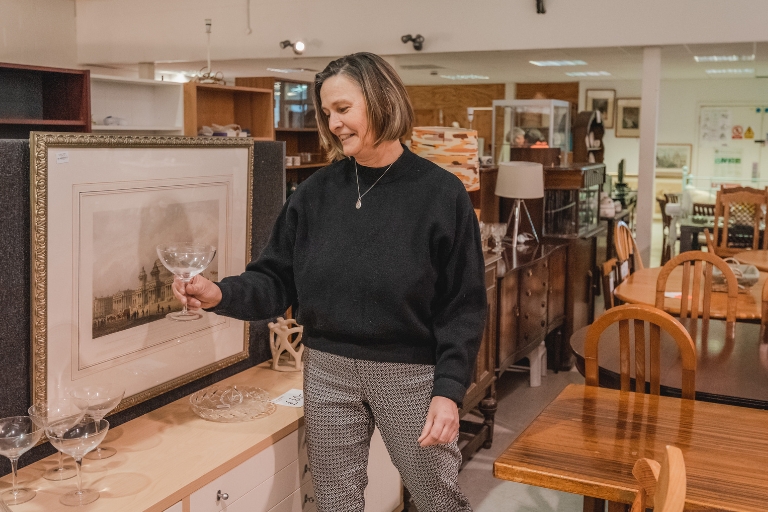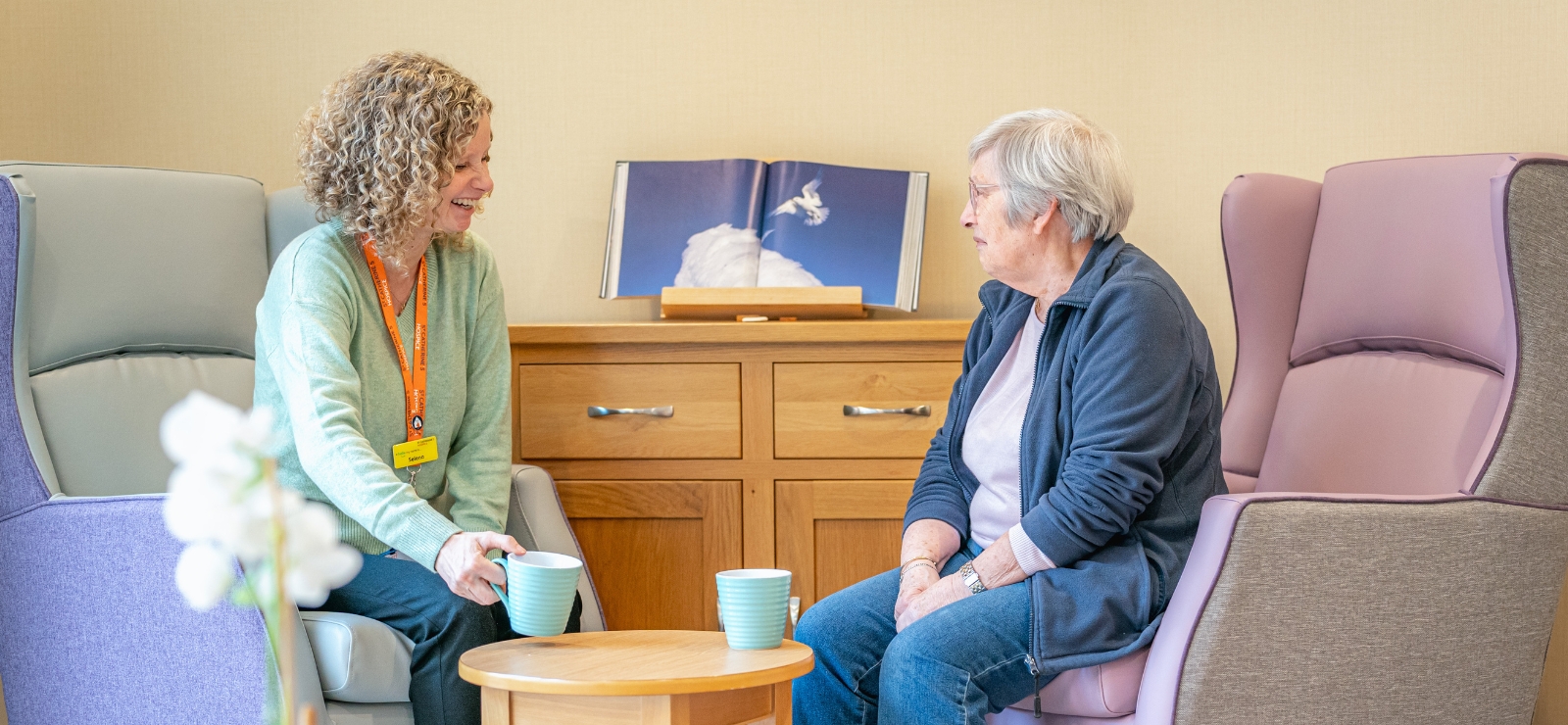Useful resources about death, dying, and grief
As part of Dying Matters Awareness Week, we thought we’d share some resources that might help you when talking about death and dying, or when navigating grief.
From fictional TV dramas to informative documentaries, and honest written accounts from healthcare professionals and those who have experienced death and loss, we hope you find this list helpful and insightful.
Books
- “Listen” by Kathryn Mannix: In this publication Kathyrn shares her insights and experiences from her career as a palliative care doctor to help everyone have better, more honest conversations.
- “The Language of Kindness: A Nurse’s Story” by Christie Watson: An honest account of a nurse’s personal and professional experiences.
- “Dear Life” by Rachel Clarke: A personal account and reflection from another palliative care doctor who sheds light on the experience of those affected by a life limiting illness. She shares how we can focus on the most important parts of life as we near the end.
- “Ashes to Admin” by Evie King: Written by a council funeral officer, this book covers some of the practical aspects of funeral planning as well as revealing some of the humorous things that are encountered by those who work around death. Written in an uplifting style, this book helps normalise dying.
- “Being Mortal” by Atul Gawande: A book about the modern experience of mortality and what it’s like to get old and die.
- “How We Die” by Sherwin B. Nuland: With over thirty years’ experience as a surgeon, Sherwin B. Nuland explains in detail the processes which takes place in the body and strips away many illusions about death.
- “With the End in Mind” by Kathryn Mannix: Told through a series of stories taken from nearly four decades of clinical practice, this book answers the most intimate questions about the process of dying.
- “For you when I am gone” by Steve Leder: Beloved Rabbi Steve Leder has helped thousands of people to write their own ethical wills, and in this intimate book helps us write our own.
- “Outside the Box” by Liz Rothschild: This book shows that if we start talking openly about death, it can change the way we live.
- “Gone From My Sight – The Dying Experience” by Barbara Karnes: The biggest fear of watching someone die is fear of the unknown; not knowing what dying will be like or when death will actually occur. This book explains in a simple, gentle yet direct manner the process of dying from disease.
Podcasts
- Conversations about Advance Care Planning with Clare Fuller: This podcast talks about Advance Care Planning, explores what it is, how to do it, and why it matters.
- Griefcast hosted by Cariad Lloyd: Different comedians talk about their experiences of grief after losing loved ones.
- Where There’s a Will, There’s a Wake with Kathy Burke: In this series, Kathy Burke quizzes other celebrities on how they would plan their perfect death.
- The Dying Matters Podcast: This podcast features people who believe it is important to talk about death sooner rather than later, drawing on their personal experiences.
- Dying Well: Five speakers explore how we can speak about death openly and without fear and prepare for it with loved ones
- You, Me and the Big C: Across more than 90 episodes, this podcast explores subjects such as grief and palliative care.
TV Shows and Films
- Island by Steven Eastwood: This film documents the lives and relationships of four people living with incurable illness on the Isle of Wight.
- After Life: Tony had a perfect life — until his wife, Lisa, died. After contemplating suicide, Tony decides he would rather live long enough to punish the world by saying and doing whatever he likes. He thinks of it as a superpower – not caring about himself or anybody else – but it ends up being trickier than he envisioned when his friends and family try to save the nice guy that they used to know.
- We Need to Talk about Death: Dr Kevin Fong makes a personal journey through the moral questions about death that face not just the medical profession, but each and every one of us. The question of how we die is a question that all of us must face, and yet we avoid talking about it.
This list is not exhaustive but we hope it’ll offer a good starting point by providing a range of different perspectives. I
If you’re looking for something a bit more interactive, why not complete our Dying Matters Word Search. The words in the puzzle might offer some useful prompts to help you have valuable conversations about death and dying. They might also encourage you to think about your wishes for the future.
For information on we can support you if you’re facing death or loss, visit: https://www.stch.org.uk/caring-for-you/.
Resources found at:
- https://www.hospiceintheweald.org.uk/news-and-stories/podcasts-that-talk-about-death-and-dying/
- chrome-extension://efaidnbmnnnibpcajpcglclefindmkaj/https://hospiceuk-files-prod.s3.eu-west-2.amazonaws.com/s3fs-public/2024-04/Supporter%20Resource%20Pack%20-%20Dying%20Matters%20Awareness%20Week%202024v3.pdf
- https://www.mariecurie.org.uk/talkabout/articles/kathryn-mannix-top-5-books/283400
- https://childerswoodgatefunerals.com.au/books-about-dying-death-and-grief-a-reading-list/
- https://stnicholashospice.org.uk/education/have-you-watched-a-documentary-tv-show-film-about-dying-death-or-grief/












